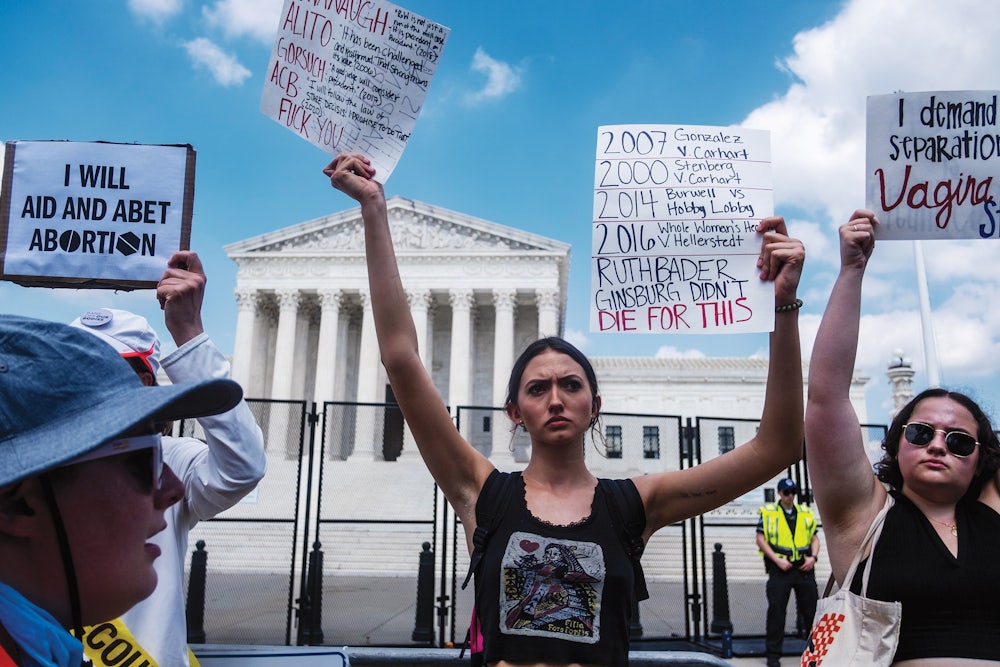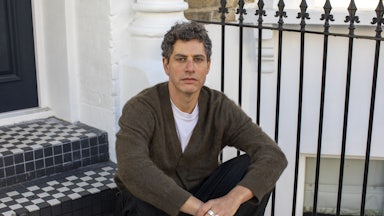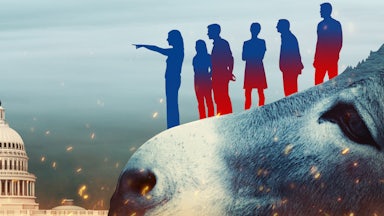When Americans go to the polls in November, they won’t be able to vote Justice Samuel Alito out of office for his ruling in Dobbs v. Jackson Women’s Health Organization. That decision, which overturned Roe v. Wade and the constitutional right to obtain an abortion along with it, isn’t on the ballot this year. Nor are any of the justices who are responsible for it.
But in dozens if not hundreds of elections across the country, voters will still have their say on abortion rights. The party that controls each state’s legislature will determine how far that state goes to restrict abortion access. And the party that takes Congress will decide whether there is federal protection for abortion rights or a national law that bans the procedure. Closer to home, even local races will help dictate what the future of abortion will look like in the communities where voters live.
Activists in the abortion rights fight say that they are seeing signs of movement in their direction after the Supreme Court’s ruling. “This decision is already having a game-changing impact on races all across the United States,” Mini Timmaraju, the president of NARAL Pro-Choice America, a leading abortion rights organization, told me in an interview. “People see who is fighting for their rights in this moment of crisis and who is working overtime to block their freedom to decide.”
The highest stakes in this election cycle are in states where the legislature and the governor’s mansion are held by different parties—for example, Pennsylvania, where Governor Tom Wolf, a Democrat who is term-limited, has vetoed multiple bills put forth by the state’s Republican-led legislature that would have restricted abortion access. One of those lawmakers, Republican state Senator Doug Mastriano, boasted after the Dobbs ruling that Roe had been “rightly relegated to the ash heap of history.” Mastriano is now running for governor; if he defeats Democrat Josh Shapiro, currently the state’s attorney general, it’s likely that Pennsylvania Republicans will renew their push to criminalize the procedure.
Wisconsin—where Governor Tony Evers, a Democrat, faces a Republican challenger—is in similar straits. Shortly after the Supreme Court issued its ruling in Dobbs, Evers called a special session to repeal the state’s 1849 abortion ban, which went unenforced during the Roe years but remained on the books. However, the state’s Republican-led legislature ended the session without scrapping the law. Since gerrymandering gives the GOP an unfair edge in Wisconsin’s legislative races, the goal for Democrats this cycle won’t be to retake the chambers, but, more modestly, to prevent the two-thirds Republican majority that could circumvent Evers’s veto if he is reelected.
Most polling suggests that a clear majority of Americans oppose the sweeping abortion bans that went into effect in about a dozen states after Dobbs. These bans sometimes lack exemptions for rape and incest and can be vague about when the procedure is allowed for life-threatening reasons. But people don’t merely oppose the bans; a Pew Research Center survey earlier this year found that 61 percent of Americans think abortion should be legal in some form. About half of Pennsylvanians told pollsters that they think it should be legal in all or most cases; no fewer than 58 percent of Wisconsinites said the same thing.
Those figures—and similar ones in other states—suggest that abortion rights could be an influential factor in how Americans vote in November. At the same time, other concerns appear to be ranking higher in their considerations. Some surveys indicate that economic factors—not least crushing inflation and a potential recession on the horizon—are foremost in many voters’ minds.
Abortion rights leaders are careful to say that they don’t think abortion will be a decisive issue in the upcoming midterms, but they do think it will be a potent one. “Voters vote with their whole selves,” said Christina Reynolds, the vice president of communications at Emily’s List. “So it’s not that we think this is the only thing voters will vote on. But we know poll after poll tells us how important this is to people, that it does matter.”
In some states, abortion itself will be directly on the ballot. California voters will consider a constitutional amendment that would enshrine abortion rights in the state constitution. “This is absolutely a viable option for other states—and one that lawmakers and advocates elsewhere are also working on,” Timmaraju told me. In Michigan, to take one example, advocates are collecting signatures for a proposed constitutional amendment that would protect people’s right to make their own decisions about reproductive health care.
After the Supreme Court’s ruling in June, none of these battles come as a complete surprise. Indeed, in the majority opinion in Dobbs, Alito framed the overthrow of Roe as a victory for the American democratic process. By finding a national right to abortion in the Constitution in 1973, he argued, the Supreme Court of that era had “usurped the power to address a question of profound moral and social importance” and “short-circuited the democratic process by closing it to the large number of Americans who dissented in any respect from Roe.” The dissenters, for their part, argued that the whole point of a constitutional right was that it wasn’t up for political debate.
In most circumstances, the democratic process runs through state legislatures. But the Supreme Court’s ruling will also force a much broader swath of elected offices to navigate abortion politics going forward. Even in states that criminalize the procedure, local prosecutors could use their offices’ discretion to decline to enforce those laws. In Georgia, Mississippi, and Texas, where the state legislatures have enacted strict bans on abortion, some district attorneys have already pledged not to prosecute abortion-related cases. Their commitments could raise the stakes for future elections for those positions.
State supreme courts, whose interpretations of state constitutions cannot be overturned by the U.S. Supreme Court, are also poised to be a battleground for abortion politics in the years to come. The Iowa Supreme Court ruled in 2018 that a right to obtain an abortion could be found in the state constitution. Earlier this year, a more conservative bench on the state’s highest court overturned that ruling. In Montana, where the state Supreme Court handed down a similar ruling in 1999, conservative interest groups are mounting a campaign to elect anti-abortion judges to the court, foreshadowing a potential bid to overturn that decision.
No state better symbolizes the multilevel fight over abortion rights this cycle than Michigan. Like Kansas, Pennsylvania, and Wisconsin, it has a Democratic governor—Gretchen Whitmer, who first took office in 2019—who favors abortion rights and a Republican legislature that hopes to restrict them. Michigan is among the handful of states with a pre-Roe ban on abortion that now, after Dobbs, can be used to prosecute cases. But Michigan Attorney General Dana Nessel has said that enforcement of the law is up to each of the state’s 83 county prosecutors. Some have indicated they’ll use it to prosecute cases; others have said they won’t.
Whitmer is meanwhile engaged in a legal battle with the state Supreme Court to try to get it to overturn the pre-Roe ban, and abortion rights groups in the state are mounting a campaign to adopt a California-style constitutional amendment that would entrench abortion rights in the state constitution. Both Governor Whitmer and Attorney General Nessel are up for reelection in November. “These will be key races in determining the future of abortion in Michigan,” Timmaraju told me.
To succeed, abortion rights groups will have to convince a fatigued liberal electorate that their vote will actually matter in this year’s races. Reynolds pointed to Colorado and New Mexico, two purple states where Democrats control the state legislature and the governor’s mansion, as examples of where the liberal vote matters undeniably. “We understand the frustration of people who say, you know, when you say the answer is to vote, that that can feel far away, it feels incomplete,” she told me. “But I think when you look at what has happened in states where we do have a pro-choice majority or we do have a pro-choice governor, I hope that people can find a little bit of hope there and understand that we can make a difference.”




